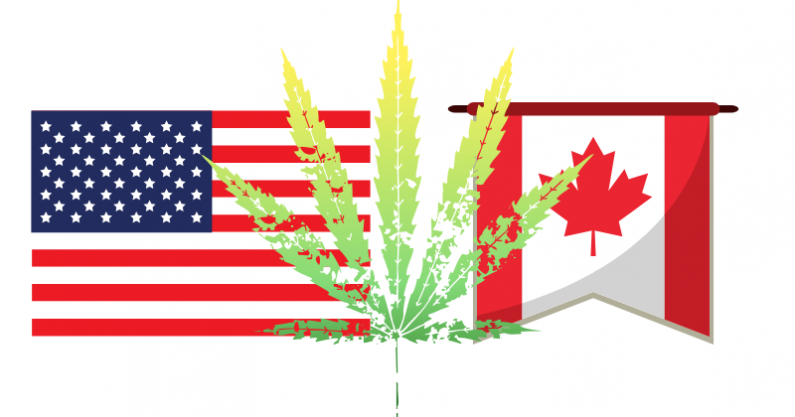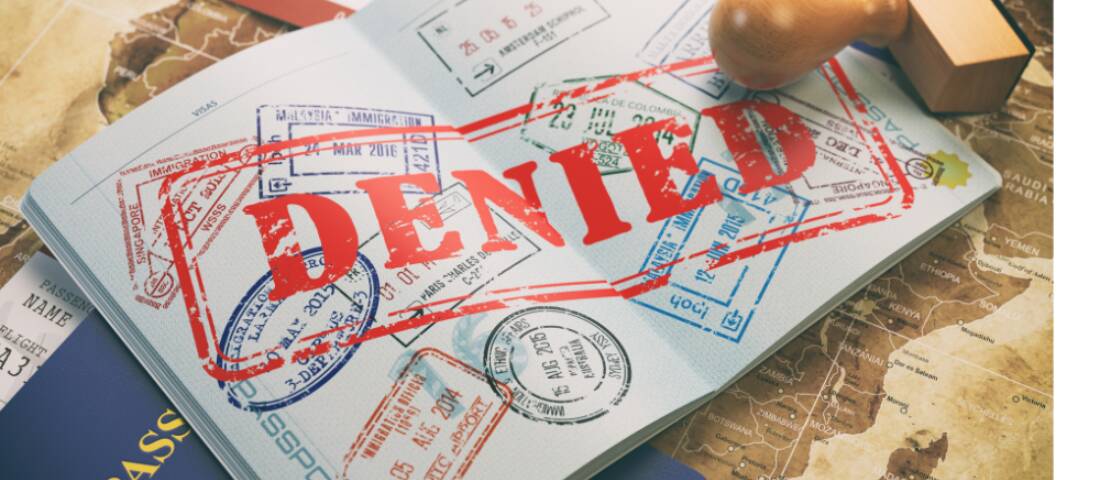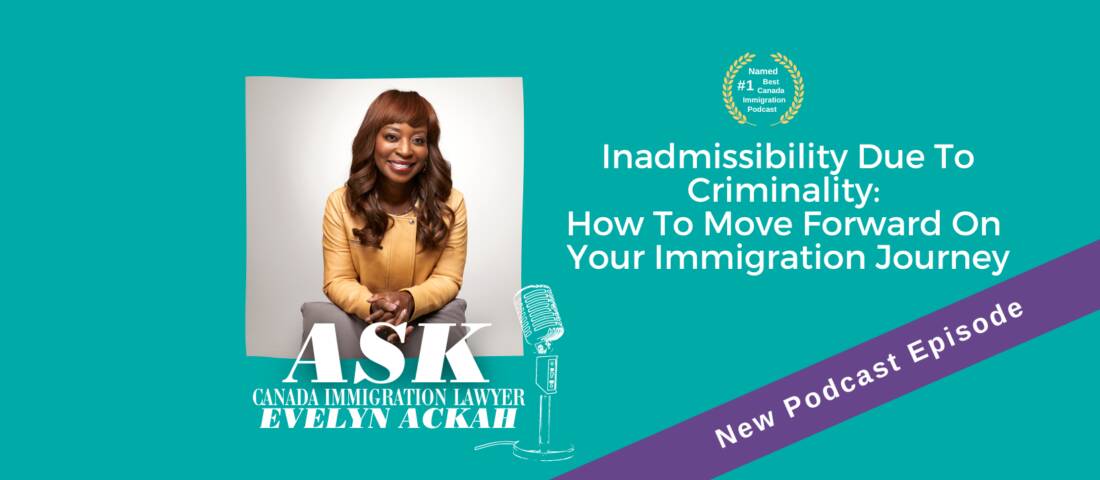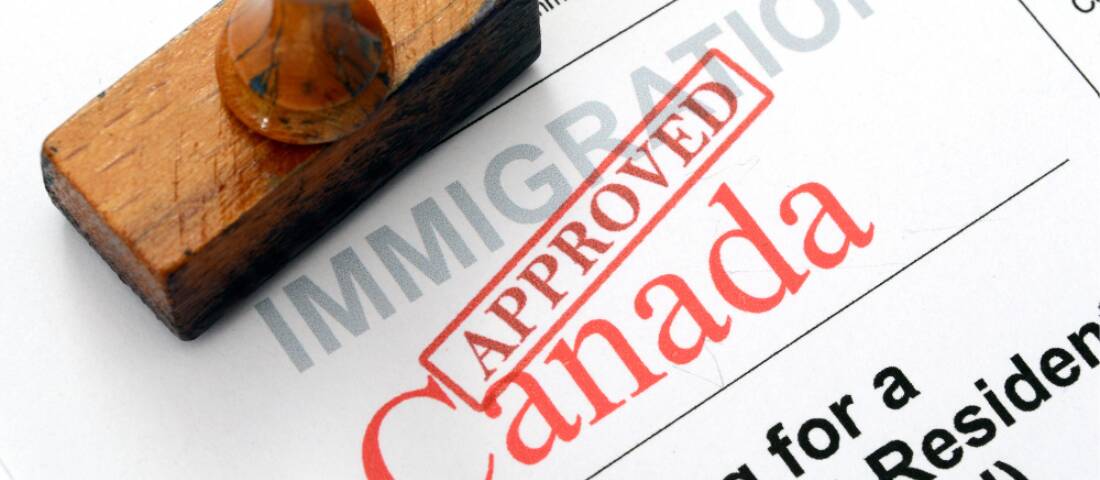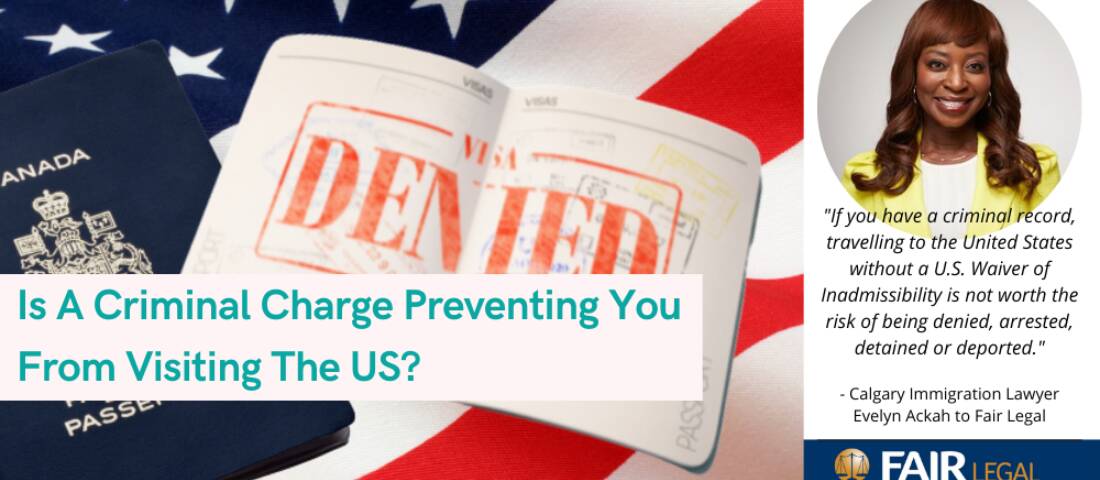Canada's new marijuana legalization laws that go into effect October 17, 2018, have the potential to permanently bar anyone who invests, works in or buys marijuana legally in Canada from ever entering the United States. On October 10, U.S. Customs and Border Protection revised their policy and clarified that policy in a statement:
“A Canadian citizen working in or facilitating the proliferation of the legal marijuana industry in Canada, coming to the U.S. for reasons unrelated to the marijuana industry will generally be admissible to the U.S.”
The U.S. border agency's policy on cannabis and the border is a major concern for Canadians as legalization nears. Not only are Canadian marijuana users at risk, Canadian investors and workers in the U.S. cannabis industry also face barriers to entering the United States.
According to The Star,
Canadian businesspeople or investors with ties to the American cannabis industry will still risk inadmissibility if those links are made apparent to CBP officers. Likewise, Canadians with criminal histories related to pre-legalization cannabis — or those who have admitted past cannabis use to CBP officers — will still be eligible for border bans.
Immigration lawyer Evelyn Ackah is concerned about the impact Canada's new marijuana laws will have on cross-border business.
Never lie about marijuana use at the border crossing, but instead refuse to answer any questions about marijuana use. The U.S. border agency's revision to their marijuana policy is good for Canadians and good for cross-border business. However, Canadians who legally invest in, work in or use marijuana in Canada still face problems crossing the border for business or personal travel. If you lie to a border agent, you may be banned for life from entering the United States. If you refuse to answer, you may be turned away at the border that one time.

